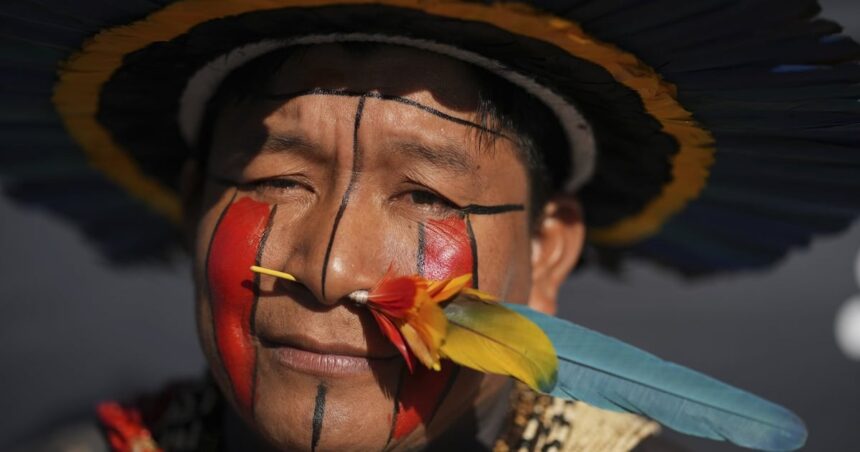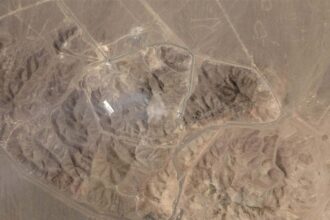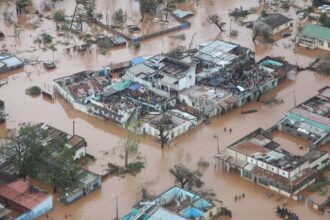In a move that has ignited international controversy, Brazil’s government proceeded yesterday with the auction of seven oil exploration blocks in environmentally sensitive regions of the Amazon basin, despite mounting protests from indigenous communities and environmental organizations worldwide. The controversial sale, which generated approximately $1.2 billion in licensing fees, represents one of the most significant expansions of fossil fuel development in the rainforest in decades.
The auction, held in Rio de Janeiro under heavy security, attracted major energy corporations including Petrobras, Shell, and China’s CNOOC. Brazilian Energy Minister Carlos Almeida defended the decision, claiming the proceeds would fund critical infrastructure projects in Brazil’s northern states where unemployment rates have surged to nearly 15% in recent quarters.
“These development projects represent a balanced approach to meeting Brazil’s economic needs while maintaining our commitment to responsible resource management,” Almeida stated during the post-auction press conference. “The technical requirements for winning bidders include unprecedented environmental safeguards.”
However, environmental experts remain unconvinced. Dr. Maria Santos, tropical ecology researcher at the University of São Paulo, noted that the auctioned blocks overlap with territories that serve as critical carbon sinks. “These regions sequester approximately 120 million tons of carbon annually. Disrupting these ecosystems could accelerate climate change effects we’re already witnessing across South America,” Santos explained in an interview with CO24 World News.
Indigenous leaders from the Munduruku and Kayapó nations staged demonstrations outside the auction venue, joined by international climate activists. Raoni Metuktire, respected Kayapó chief, addressed the crowd: “This is not just our fight. When they destroy the Amazon, they destroy the world’s future. These are sacred lands that have sustained our people for thousands of years.”
The controversial auction comes just months after Brazil hosted the UN Climate Conference where President Silva publicly committed to reducing deforestation by 80% by 2030. This apparent contradiction has drawn criticism from CO24 News international partners, with Canada’s Environment Minister expressing “profound concern” over the development.
Financial analysts at Goldman Sachs estimate the auctioned blocks could yield up to 8 billion barrels of oil equivalent, potentially generating $400 billion in revenue over the next three decades. This economic potential has created divisions within Brazil’s government, with the Finance Ministry strongly supporting the auctions while the Environment Ministry has reportedly raised internal objections.
Legal challenges are already mounting. The Federal Public Ministry has filed an emergency injunction citing violations of prior consultation requirements with indigenous communities as mandated by Convention 169 of the International Labour Organization, which Brazil ratified in 2002.
Meanwhile, global markets have responded cautiously. Brazil’s stock exchange saw modest gains of 1.2% following the auction, while the real strengthened slightly against the dollar. Energy sector analysts from CO24 Business note that actual extraction activities could face years of legal battles before commencing.
The United Nations Special Rapporteur on Indigenous Rights has requested Brazil submit a detailed environmental impact assessment that specifically addresses the rights of isolated indigenous communities in the affected regions. Several European pension funds have also announced they are reviewing their investments in companies that participated in the auction.
As bulldozers prepare to enter these pristine rainforest regions, the fundamental question remains: can a nation’s short-term economic interests be reconciled with its long-term environmental responsibilities, particularly when those responsibilities extend beyond national borders to affect global climate stability?


















